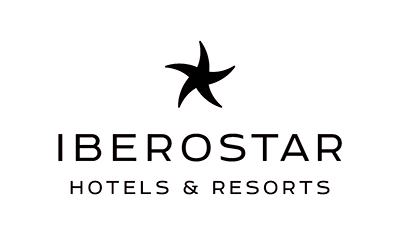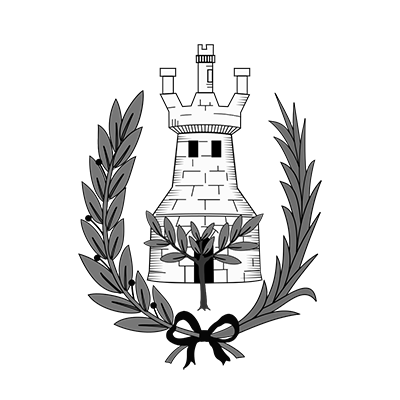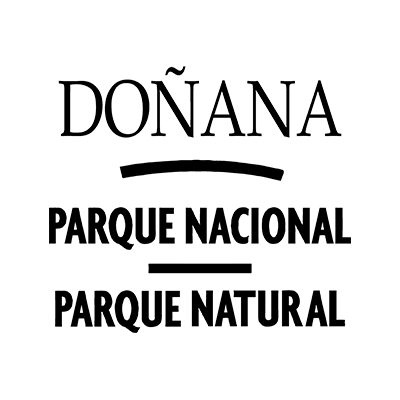Interview
Roderick R. Sloan: “Let's stop washing blue things”

A fisherman in Norway's Arctic, Sloan sees the future is "blue", but only "if it's managed properly".
A Scot living in the Norwegian sea, Roderick R. Sloan has become a leading expert in seafood. He has extensive knowledge and an even greater capacity as a supplier, because he supplies some of the best known chefs on the continent, such as René Redzepi (Noma, Copenhagen), "who expanded me in a professional capacity". Sloan loves the sea and is one of its staunchest defendants, since "it can feed the world if it's managed properly", although he does admit that what he likes best is "the feeling of relief when you make port again. That's when I feel what life is really about". We find out a little more about him before he arrives at Meeting of the Seas 2022.
How does a Scottish chef end up fishing in Norway's Arctic?
The simple answer is: love. I moved to Norway in 1997, looking for something. I was lucky enough to meet my wife, and we're still here 25 years on. I spent the first five years in Oslo learning new skills and a new culture. Because there's a huge difference between Norway and the United Kingdom ... But I was there, I liked it, and I decided to stay. In 2002 my brother-in-law persuaded me to move to the north to fish sea urchins and sell them to the French market. The rest is history.
What do you like most about the sea?
That's a difficult question. The ocean is a complex beast, from which we are still learning. As I like to tell my students, we know more about the moon than about the ocean. But if I have to give you an answer, I would say paradoxically that what I like most is the feeling of relief when you make port again after a day spent fighting with the sea. That's when I feel what life is really about.
Curious. Now some positive things.
When you come back to the surface after you've been submerged, the sun is shining on a calm sea, and you look at the ship, and you see that the crew are sunbathing. The pure silence you experience when you're collecting shells (most people never have time to listen to their own body). And another: Listening to your own breathing, and your heart beating on the ocean floor. That's all you can hear down there. It's an incredible place for meditation. The last: Trying something from the ocean for the first time. That's the real focus of taste.
Is there any future in fishing?
Yes. Not if we carry on with the same management system. Seafood, for example, may run out. But I honestly believe the ocean can feed the world if it's managed properly. That's ultimately what we have in common, and we all have a common interest there.
You supply seafood to some of the world's best chefs. What do they ask of you?
The number one question is whether I have anything new. After that, When does the season start? Why do we have to place our orders so early?
One of your customers is René Redzepi. What is it like working with him? Is he demanding?
We've been working together since 2008, and our relationship is as strong now as it was on day one. René expanded me in a professional capacity, and I hope I've had the same effect on him with respect to ocean produce. He took me to extremes I was scared of, and I've seen him go to places knowing that he felt were impossible. So René isn't just a customer to me. He's a friend. Is it demanding to work with him? Yes, hugely demanding, but only in a positive sense.
What do we not yet know about seafood?
We've only scratched the surface of seafood and the ocean. We have much more to explore and learn. I think a good place to start would be to implement much more solid management systems, with better product traceability. Let's make the window transparent. and stop washing blue things.












